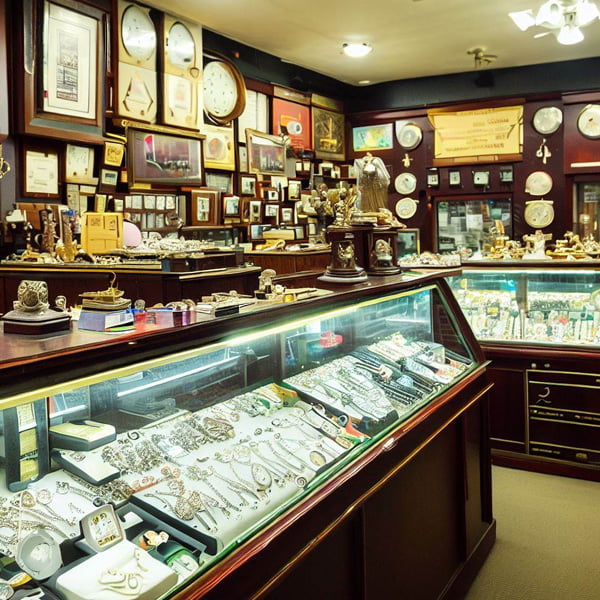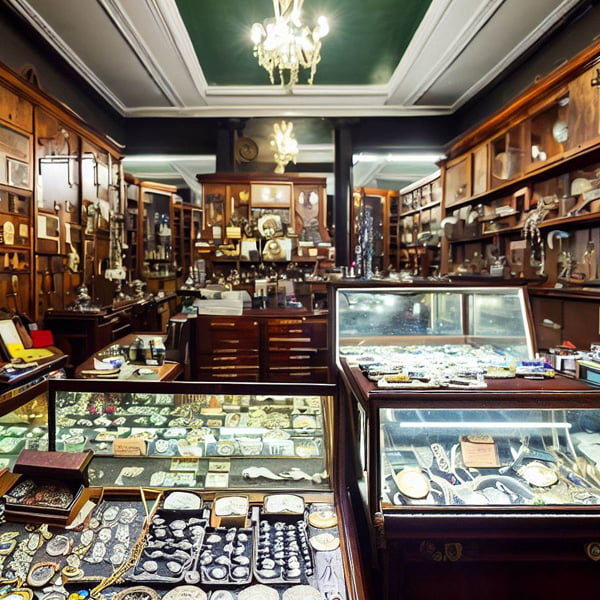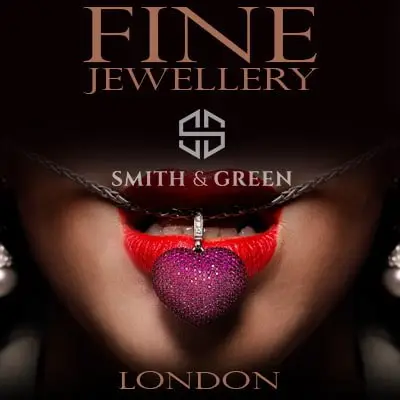In the complex world of personal finance, pawnbroker specialists have emerged as versatile and attractive solutions for individuals seeking short-term financial relief. Pawnbrokers have become a go-to resource for those facing various financial challenges with an array of benefits, such as immediate cash access, adaptable repayment terms, and the preservation of valuable assets. The underlying motivations behind this growing trend reveal how pawning, especially jewellery provides a practical and appealing lifeline for those navigating today’s ever-changing economic landscape. This article will explore the primary motivations for pawning, examine the pawnbroking process, and highlight some of the top establishments to consider for your pawning needs.
A Comprehensive Look at the Top Reasons Why People Pawn
- Quick access to cash: Pawning jewellery can provide a fast and convenient way to obtain cash for short-term financial needs. This might include emergency expenses, medical bills, or other unexpected costs that require immediate funds.
- No credit checks: Pawnbrokers typically do not perform credit checks, making it easier for individuals with a poor credit history or no credit at all to obtain a loan. This is particularly beneficial for those who might struggle to secure a loan from traditional financial institutions.
- Temporary solution: Pawning jewellery is often seen as a temporary solution to financial difficulties. As the items are used as collateral, clients can reclaim their possessions once the loan is repaid in full, allowing them to retain ownership of their valuable items.
- Confidentiality: Pawnbrokers usually offer a discreet and confidential service, which can be appealing to those who prefer to keep their financial situation private. The transaction between the client and the pawnbroker remains confidential, and there is no need to involve friends or family members.
- Flexibility: Pawning jewellery allows for flexible repayment terms. Many pawnbrokers offer short-term loans, enabling clients to repay the loan and reclaim their items relatively quickly, depending on the agreed terms.
- No impact on credit score: As pawn loans are secured by the value of the jewellery, failure to repay the loan will not negatively affect the borrower’s credit score. Instead, the pawnbroker will sell the item to recover the loan amount, ensuring that the client’s credit history remains unaffected.
- Avoid selling sentimental items: For many people, jewellery holds sentimental value, and selling these items can be an emotionally difficult decision. Pawning allows clients to use their jewellery as collateral for a loan without having to part with it permanently.
Which are the best pawnbrokers in London?
London is home to several reputable jewellery pawnbrokers, offering clients a convenient way to access short-term loans using their valuable pieces as collateral. When pawning your jewellery, choosing a trustworthy and established pawnbroker is crucial to ensure a fair valuation and smooth transaction. In the UK, particularly in London, there is a thriving market for pawnbrokers that specialise in high-end jewellery. Here is a brief overview of some of the best jewellery pawnbrokers in London, and the types of items they typically accept.
Suttons and Robertsons Pawnbrokers: Suttons & Robertsons, a respected pawnbroking and financial services company in London, has a rich history dating back to 1770. They offer short-term loans against valuable assets, including fine jewellery, luxury watches, and gold. With a team of experienced appraisers, they ensure a fair and transparent process for clients. Additionally, they buy and sell luxury goods, such as high-quality jewellery and timepieces from prestigious brands. Suttons & Robertsons’ commitment to excellent customer service and its long-standing reputation makes them a trusted choice for pawnbroking services in London.


Process and steps of pawning jewellery
- Valuation: You bring your jewellery to the pawnbroker, who will assess its value based on factors such as material, craftsmanship, condition, and market demand.
- Loan offer: After the valuation, the pawnbroker will offer you a loan amount based on a percentage of the item’s value. This percentage can vary depending on the pawnbroker and the specific item.
- Agreement: If you accept the loan offer, you will sign a pawn agreement. This document outlines the terms and conditions of the loan, including the interest rate, loan duration, and repayment schedule.
- Collateral: Upon signing the agreement, you will leave your jewellery with the pawnbroker as collateral. The pawnbroker will store your item securely until the loan is repaid.
- Repayment: You will repay the loan, along with any accrued interest, within the agreed-upon timeframe. Once the loan is fully repaid, the pawnbroker will return your jewellery to you.
- Non-repayment: If you fail to repay the loan, the pawnbroker has the right to sell your jewellery in order to recoup their funds.
Most commonly pawned items in recent years.
- Gold jewellery: Gold items, such as necklaces, bracelets, rings, and earrings, are among the most frequently pawned jewellery pieces. Gold’s enduring value and easy-to-determine market price make it an appealing option for both clients and pawnbrokers.
- Diamond jewellery: Diamond rings, earrings, and necklaces are also popular items to pawn. Diamonds hold a high value due to their rarity, durability, and desirability, making them attractive collateral for loans.
- Luxury watches: High-end timepieces from prestigious brands such as Rolex, Patek Philippe, Cartier, and Audemars Piguet are often pawned as they hold their value well over time. These watches are admired for their craftsmanship, design, and exclusivity.
- Designer jewellery: Pieces from renowned jewellery designers or luxury brands, such as Tiffany & Co., Bvlgari, and Harry Winston, are sought after by pawnbrokers due to their recognisable designs and enduring value.
- Platinum jewellery: Platinum is a valuable and rare precious metal, making platinum jewellery, including rings, necklaces, and bracelets, a popular choice for pawning. Platinum’s durability, natural white sheen, and high density contribute to its appeal.
- Gemstone jewellery: Items featuring precious or semi-precious gemstones, such as rubies, sapphires, and emeralds, are frequently pawned. The value of these pieces often depends on the quality, rarity, and size of the gemstones, as well as the overall design and craftsmanship of the jewellery.
- Vintage and antique jewellery: Unique and well-preserved vintage or antique jewellery items can also be commonly pawned, as they often carry a historical and artistic value that can appeal to collectors.
While these are some of the most commonly pawned jewellery items in recent years, it is important to note that pawnbrokers’ preferences may vary depending on their clientele and market trends. Clients looking to pawn their jewellery should research their items’ worth and consult with reputable pawnbrokers to ensure a fair valuation and loan offer.
Conclusion
Pawnbrokers have become a popular option for individuals seeking short-term financial assistance. Pawning offers numerous benefits, including quick access to cash, flexible repayment terms, and the ability to retain ownership of valuable items. The motivations for pawning are varied and reflect the unique financial challenges people face today.
















